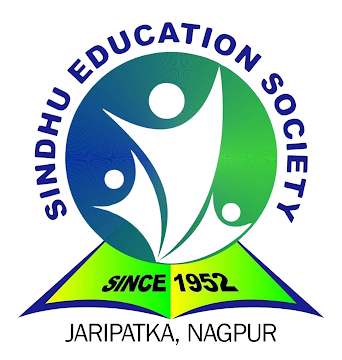ACADEMIC MONITORING
Academic monitoring is overseen by a dedicated team comprising both students and teachers, known as the “Program Committee.” This committee’s composition adheres to the guidelines set by the Pharmacy Council of India (PCI). The Program Committee has several key responsibilities, including:
Progress Review: Regularly assessing and evaluating the overall progress of the class.
Curriculum and Syllabus: Addressing any issues or concerns related to the curriculum, syllabus, and the conduct of classes.
Assessment Planning: Discussing the nature and scope of assessments, which are then communicated to the class at the beginning of each Year
Academic Recommendations: formulating recommendations on academic matters and forwarding them to the principal for consideration.
Meeting Frequency: Convening meetings at least three times per year, with a preference for meetings occurring after each sessional exam and before the end of annual exam.
This structured approach to academic monitoring ensures that both students and faculty can collaboratively contribute to the enhancement of the educational experience.
PROGRAM OUTCOMES (B.PHARM)
| PO’s No. | PO’s Nomenclature | Description |
|---|---|---|
| PO-1 | Pharmacy Knowledge | Graduates will assimilate knowledge of Physics, Chemistry, Biology, Pharmaceutical science and Life Sciences. |
| PO-2 | Planning Abilities | Graduates will use research based knowledge and research methods including design of experiments, analysis and interpretation of data, and synthesis of the information to provide valid conclusions. |
| PO-3 | Problem Analysis | Graduates will identify, formulate, research literature and analyses complex pharmaceutical problems reaching substantiated conclusions using basic principles of sciences and pharmaceutical sciences. |
| PO-4 | Modern Tool Usage | Graduate will learn to Create, select and apply appropriate techniques, resources, and modern Pharmaceutical engineering tools including prediction and modeling to complex pharmacy activities with an understanding of the limitations. |
| PO-5 | Leadership Skill | Graduate will able to function effectively as an individual and as a member of team or leader in diverse teams, and in multidisciplinary activities. |
| PO-6 | Professional Identity | The graduates will be focused on developing there carrier, as well as they know or cam do and acquire authentic learning experience through practice exposure and interactions with pharmacist role model. |
| PO-7 | Communication | Graduate will learn to Communicate effectively on complex pharmacy activities with the respective pharmaceutical field community and with society at large. Some of them are being able to comprehend and write effective reports and design documentations, make effective presentations, and give and receive clear instructions. |
| PO-8 | Social Activities | Graduate will prepared to deal with patients behavior and psychology, thus for this they will be socially active, participates in social activity, motivates and make effective relations with public domain. |
| PO-9 | Lifelong Learning | Graduate will recognize need for and have the preparation and ability to engage in independent and lifelong learning in wider context of growing research and technological change. |
| PO-10 | Pharmaceutical Ethics | Graduates will learn ethical principles that commits to professional ethics, responsibilities and norms of the pharmacy practice. |
| PO-11 | The Pharmacist and society | Apply reasoning informed by the contextual knowledge to assess societal, health, safety and legal issues and the consequent responsibilities relevant to the professional pharmacy practice. |

